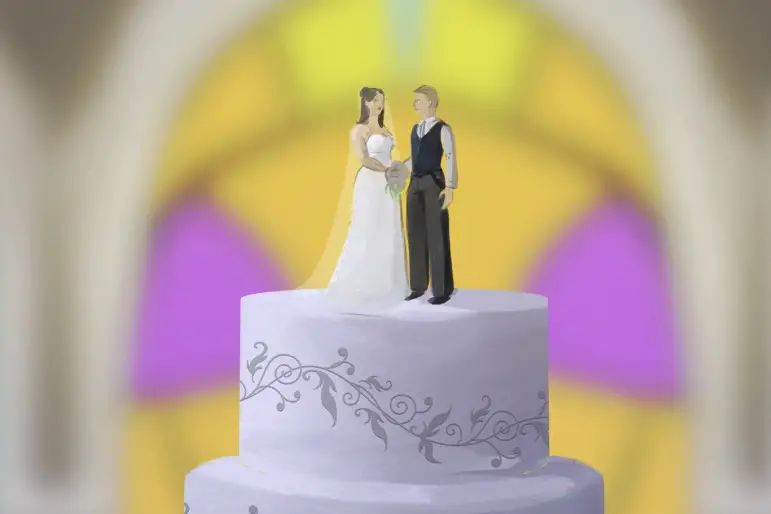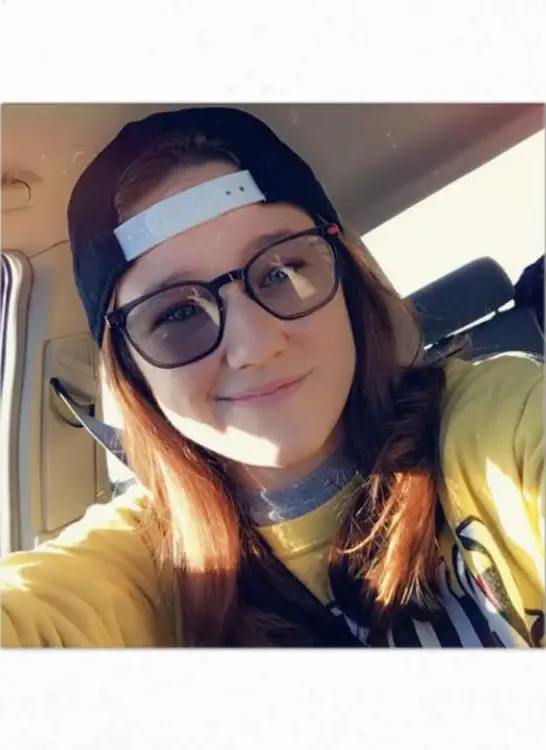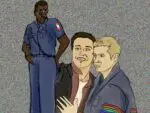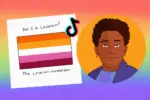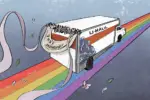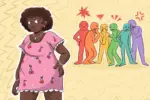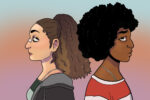“Babe, I just spent $75 at Target. Was that okay?” My fiancé just dropped that money on two large bins and a three-tier storage cart so she could organize all the centerpiece items scattered throughout our apartment. We have 115 days until our wedding and panic has started to creep in. Our photographer is editing our save-the-date photos as I type, and we just received our invitations in the mail last night. This Sunday, my dad, sister and brothers-in-law are going with me to try on tuxedos and suits. I am simultaneously nervous and excited. Throughout the entirety of our wedding planning, we’ve been reminded that we are different — we are two women who are in love and, despite gay marriage being legal, the wedding industry is still painfully heteronormative.
When you’re gay, you’re always gay. Even if you’re trying to suppress it, people will figure it out whether you tell them or not. I dress more masculine, I have a deeper, raspier voice and I haven’t shaved my legs in about four years. I am fully aware that people can look at me and safely assume that I’m a lesbian. Just the other day, a new coworker said she could “smell the gay” in the room. Mentioning my fiancé’s female pronouns only confirmed her suspicions. That coworker happens to be a super nice bisexual, so I took no offense to the comment. The point, however, is that it is sometimes difficult to not be overtly queer. As accepting as society has gotten, it doesn’t feel great to be reminded that you’re different all the time.
Being out for almost 10 years now and in a relationship for almost seven, I haven’t overtly or emotionally “come out” in six years. About a year into my relationship, I decided not to care about the consequences of saying “me and my girlfriend/fiancé …” However, when I proposed in Disneyland, my and my fiancé’s favorite place, I did it in front of a character dining restaurant. Despite there being some audibly happy reactions from the crowd, I felt stares from a middle-aged white woman who had a little girl with her. The moment was magical, but I’ll never forget how that woman’s response marked the beginning of our wedding planning journey.
In the two years since proposing, my fiancé and I have been saving money and loosely gathering ideas for our wedding. During quarantine, wedding planning was in full swing, and we discovered just how heteronormative the wedding industry is. My fiancé helped plan her sister’s wedding and I’ve dubbed her the Mexican Martha Stewart many times, so I wasn’t super nervous about planning the ceremony. That was until we started researching vendors and the thought occurred that some people may not agree to work with us because we’re two women. I started noticing obstacles everywhere and a recurring thought haunted my mind: If we were straight, we wouldn’t have to think about this.
Unlike straight couples who use venue website pictures for their intended use, we were scouring sites for queer and interracial couples. If a venue didn’t have a single M/M or F/F couple, we’d go to Yelp and look at reviews for any mention of a queer wedding. When we found a venue with no queer couples on the website but a queer review, we took that as, “We’ll take your money but we’re not going to showcase this because it could hurt our revenue with straight couples.”
The first venue we looked at was beautiful, though a bit over budget. It was run by two older people who were extremely polite and made it very clear they were not homophobic by telling us unnecessary details about a different lesbian wedding happening in a few weeks. Details including the couple’s names, where they worked, their wedding date and an invitation to the ceremony (without consulting the couple). They then asked us if we knew the couple — because of course all gays know each other. I’ll admit, after that first meeting I wasn’t too thrilled about doing more. My anxiety only grew when thinking about other vendors. We knew getting married in a church is already limited (we’re lucky my liberal cousin is ordained) and that businesses could blatantly ignore us, like the flower, makeup and cake people who never called us back.
When we decided to ask our wedding party to be in the wedding, we wanted to order custom cookies. The woman who responded to us was older and we were cautious of homophobia, so my fiancé instinctively used “them” as my pronoun, so they didn’t know I was female. We were ashamed that we felt the need to do this.
After finding our venue, florist and DJ, we realized the biggest difference for gay couples is the paperwork. It all had to be edited to remove the groom, groomsmen and mother-son dance. We also removed the garter tradition because we feel we are already sexualized enough. Inclusivity in general could help immensely when it comes to the paperwork. My fiancé’s mom will be walking her down the aisle and participating in a mother-daughter dance, so there should be an option for a parent-child dance. Frustrated after rewriting the paperwork, my fiancé said, “It’s not that I want a gay option, but the paperwork could have easily just said Partner 1 and Partner 2 and Wedding Party 1 and 2.” I loved that idea because it isn’t fair that non-straight couples must edit the same paperwork.
I’m getting my hair and makeup done just like my fiancé. But personally, my biggest fear is that I am not wearing a dress. When you Google “female suits,” there’s a very slim line between Hilary Clinton and sexy, plunging necklines emphasizing cleavage. And I’m thankful that Nick’s Menswear crafts suits for women, but both times I’ve been in, three different employees have blatantly asked me, “Are you a bride or groom?” I know they don’t mean anything negative by it, but just because I’m wearing a suit doesn’t mean I’m not a woman.
I want to stress that planning this wedding hasn’t been awful. I fall more in love every day of the process. We have also found three amazing people during our journey: Our photographer, cake maker and pie maker are all women of color and two of them are in interracial marriages. All three have done an amazing job of making us feel like people who are in love. Especially our photographer — I feared she might position me as the man of the relationship, and instead she positioned us in a way that allowed us to be ourselves. She captured our love and has given me a large sigh of relief to carry me through the next 115 days until I marry my best friend.


